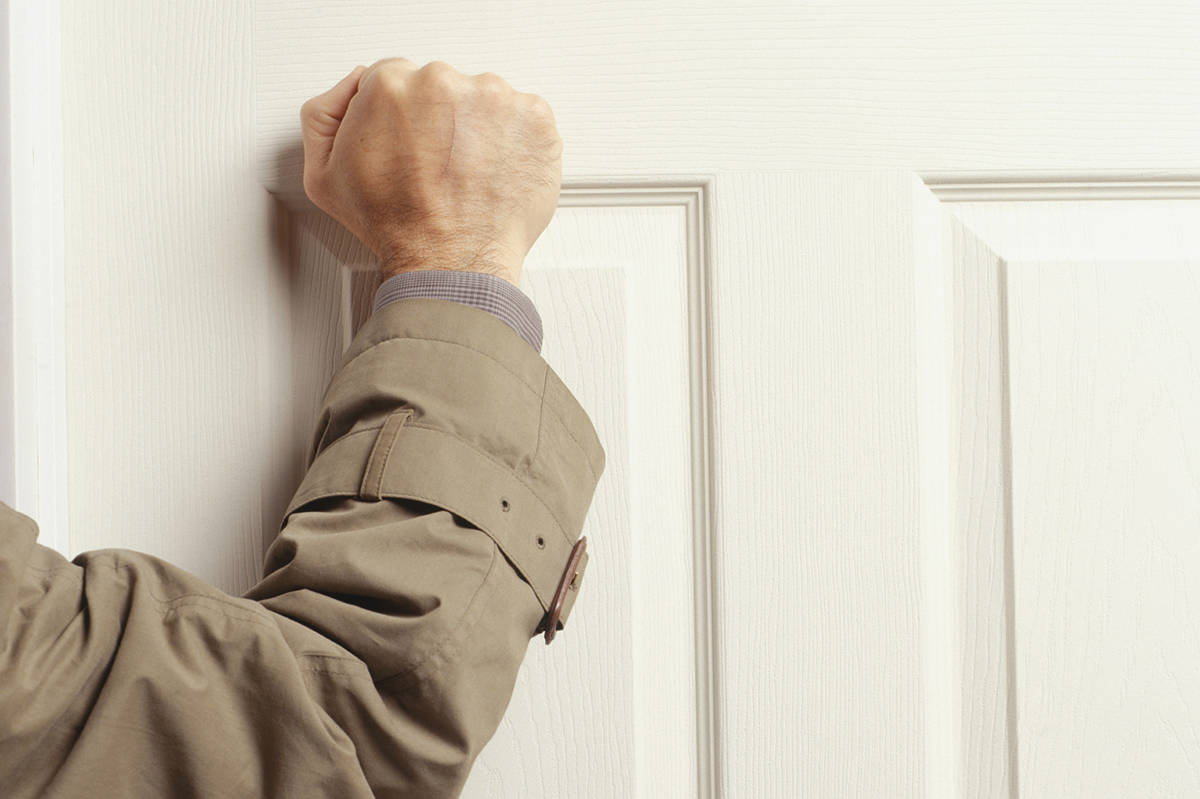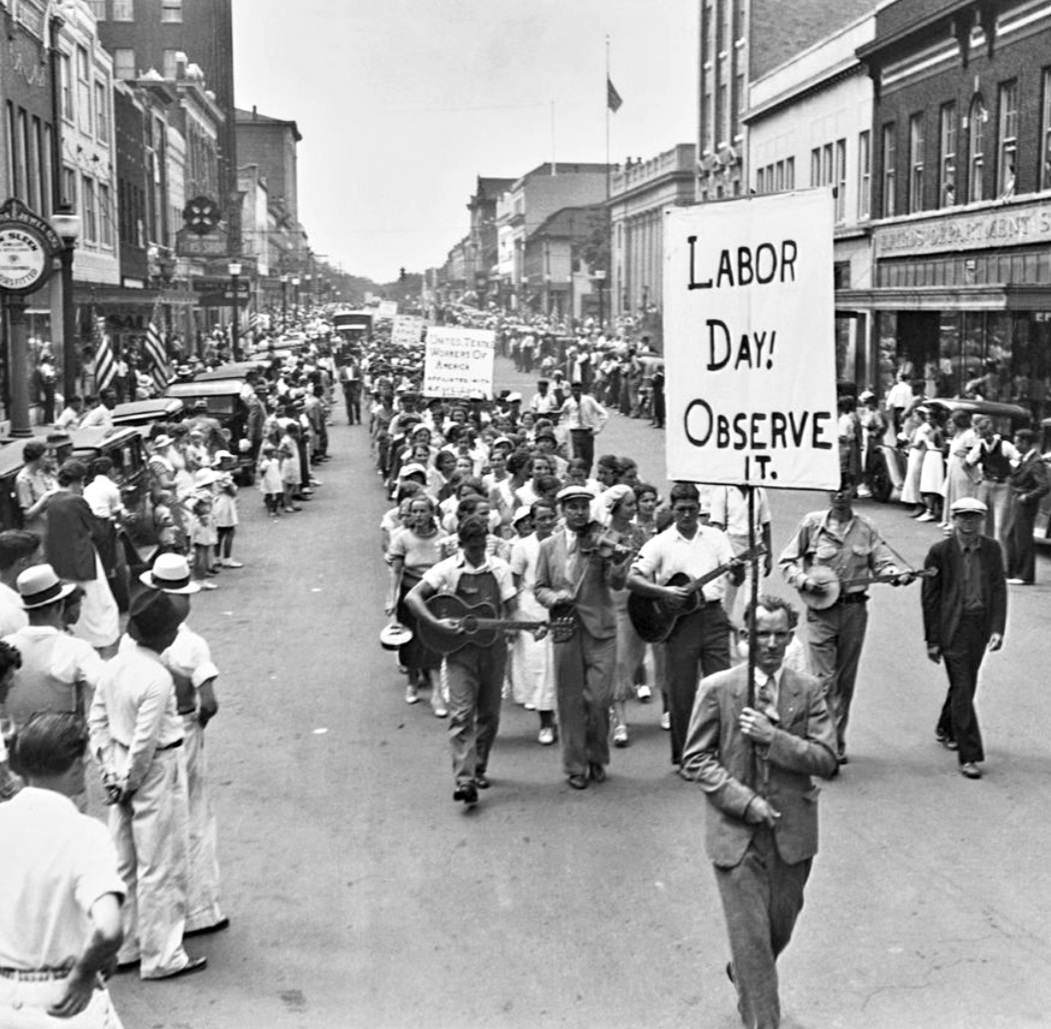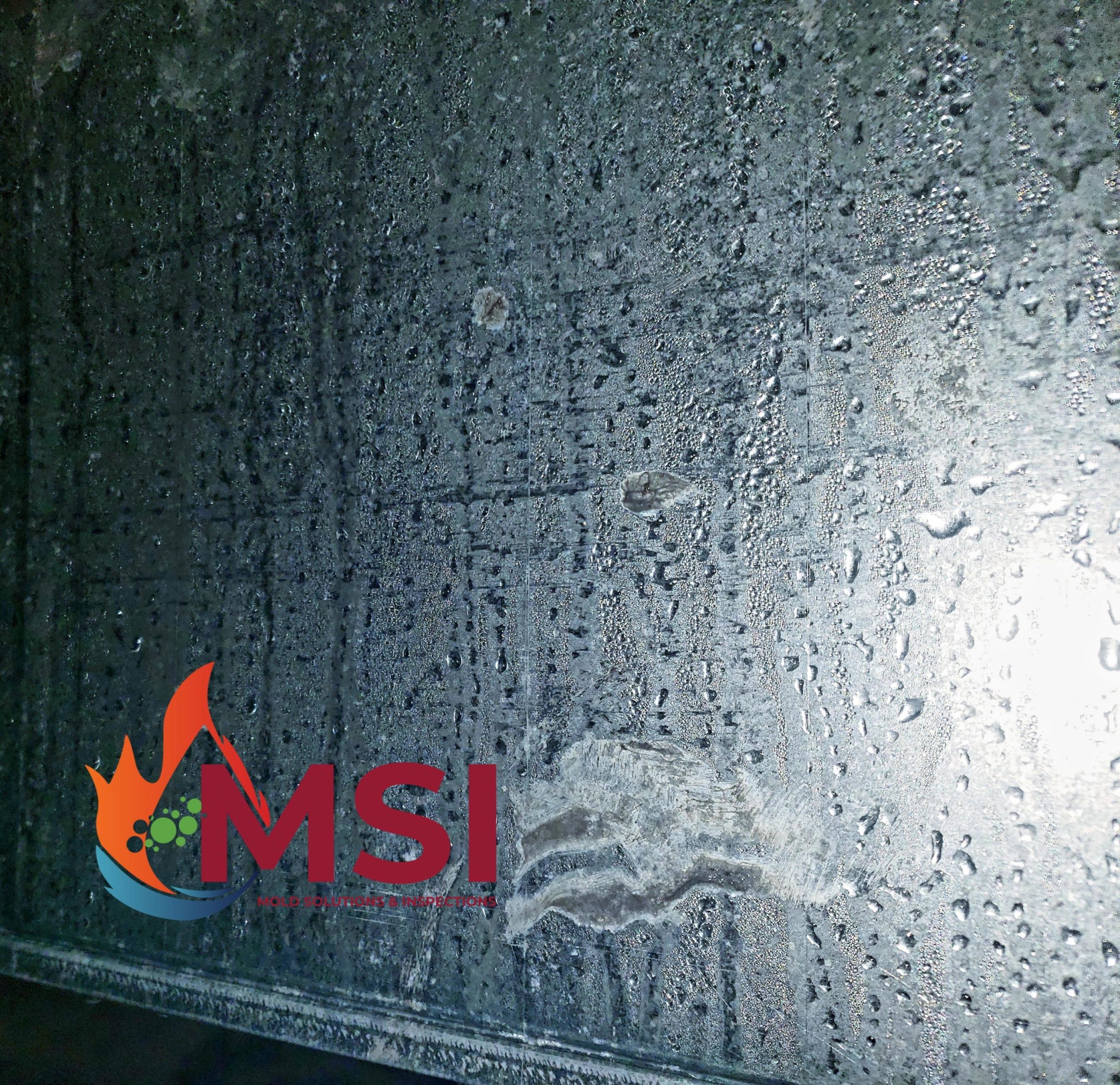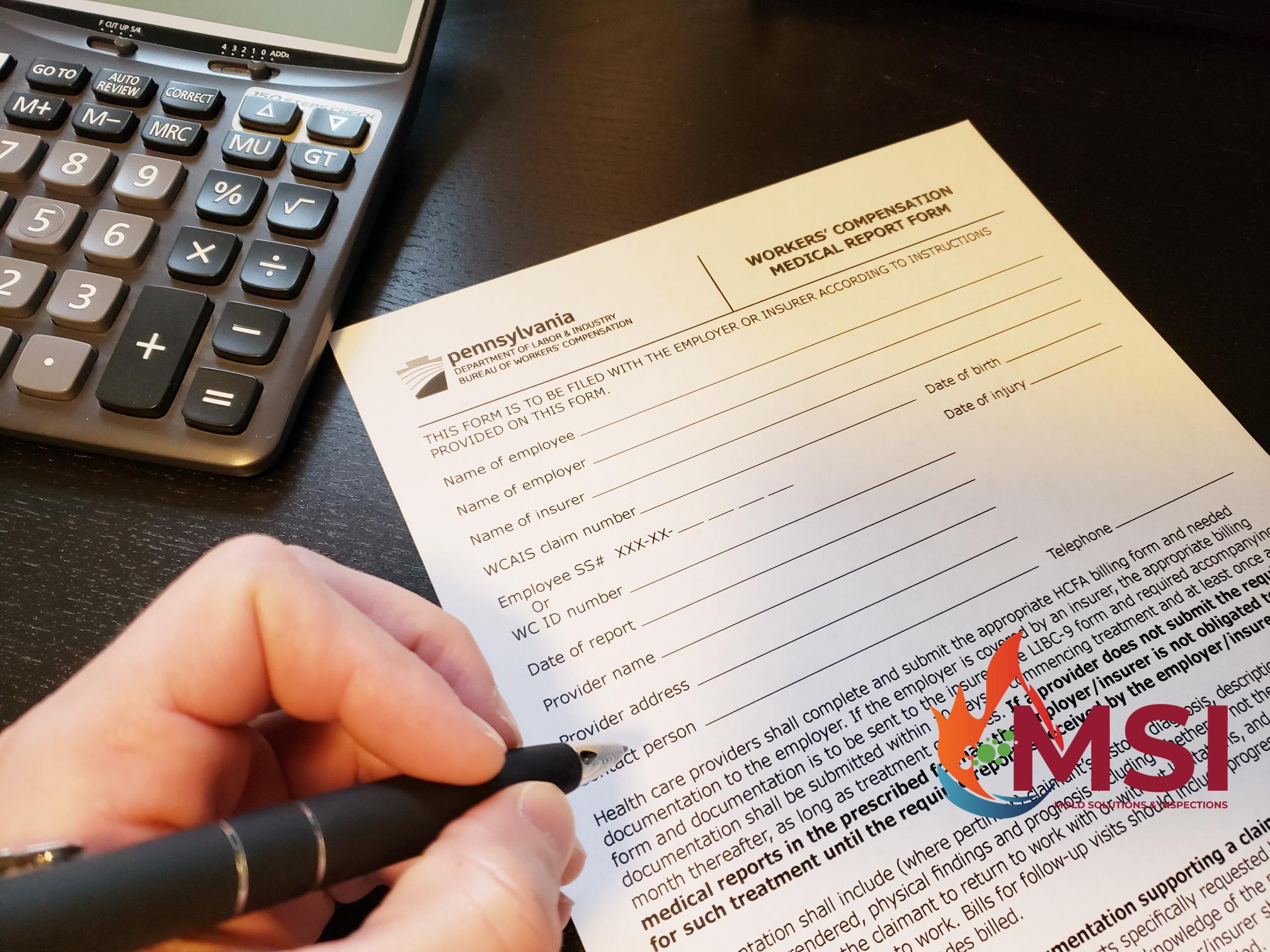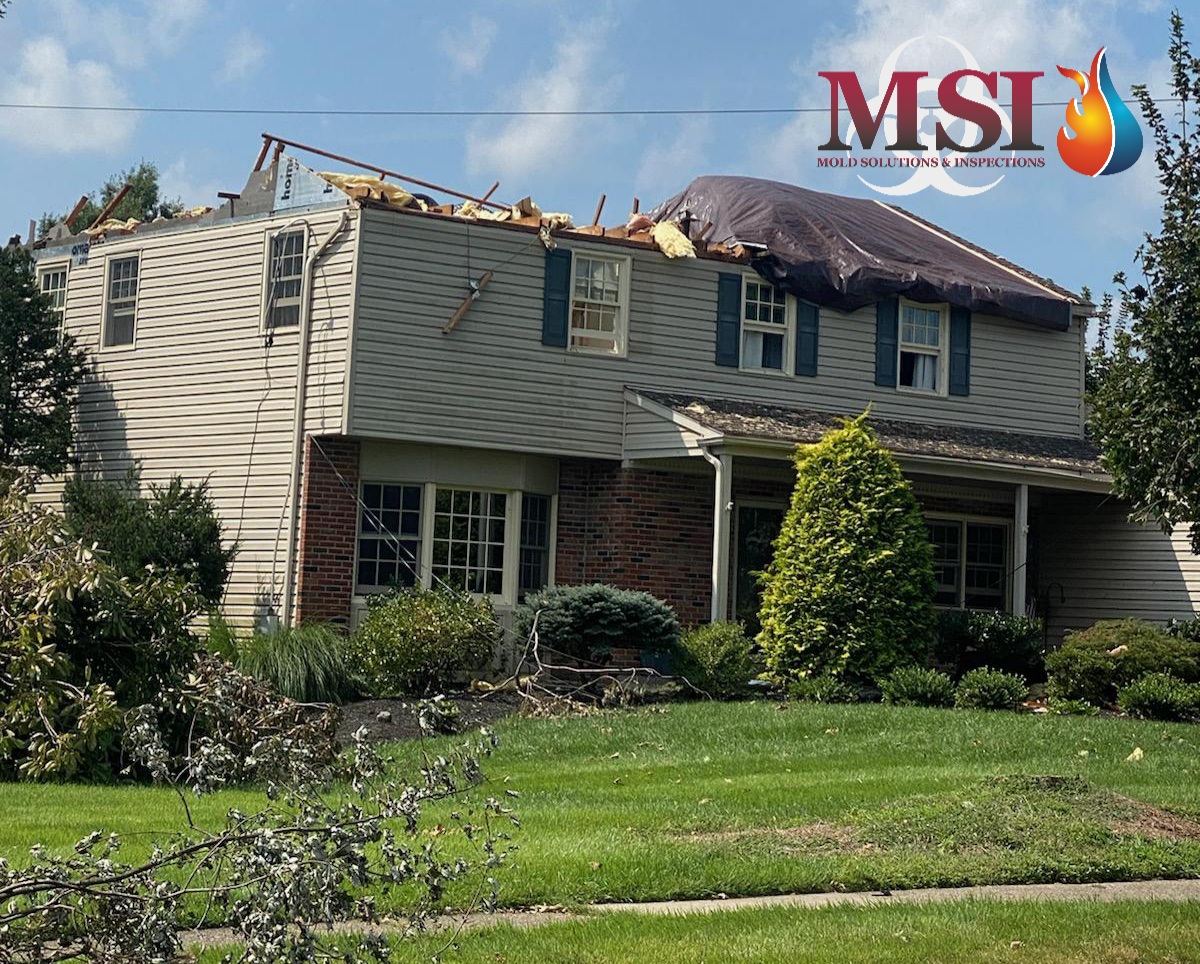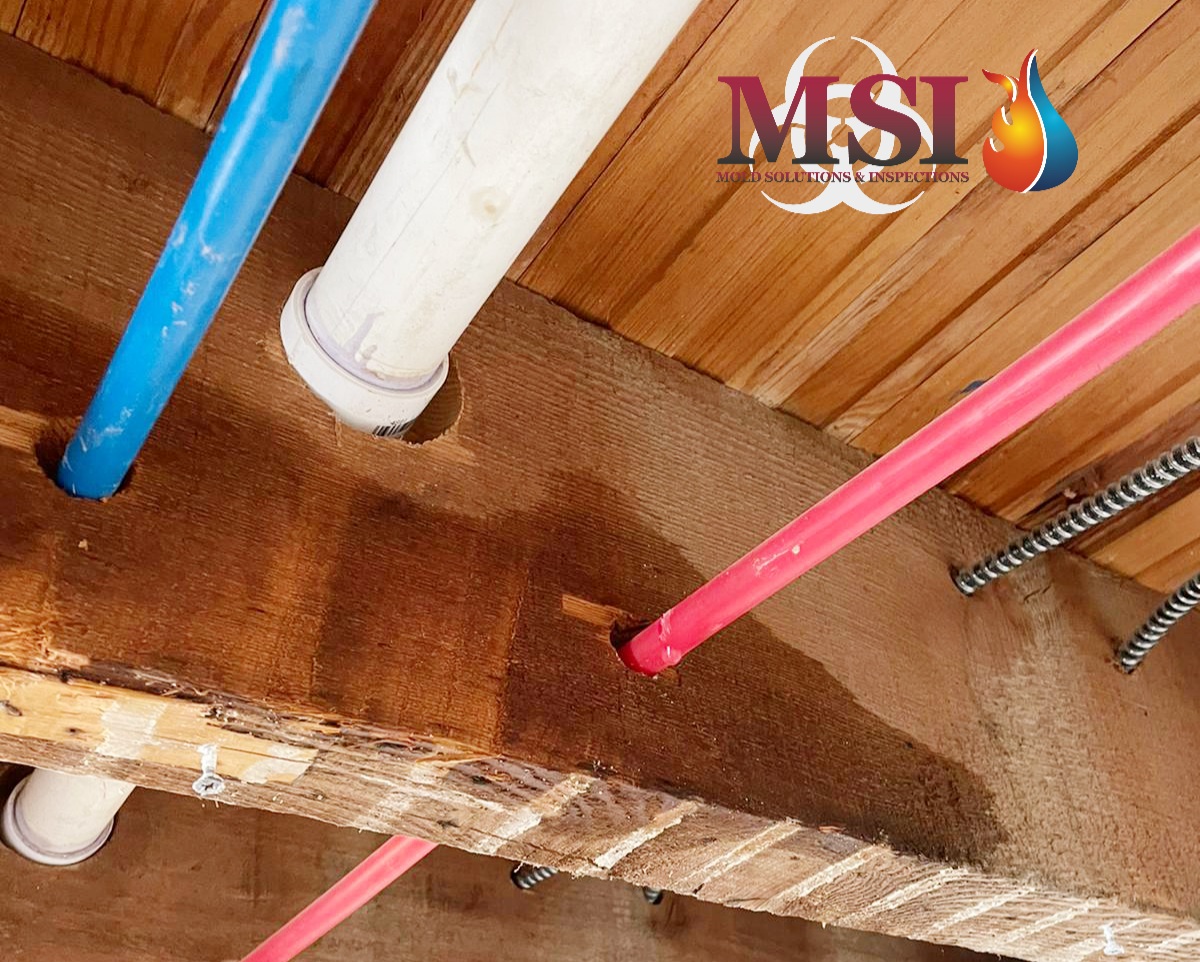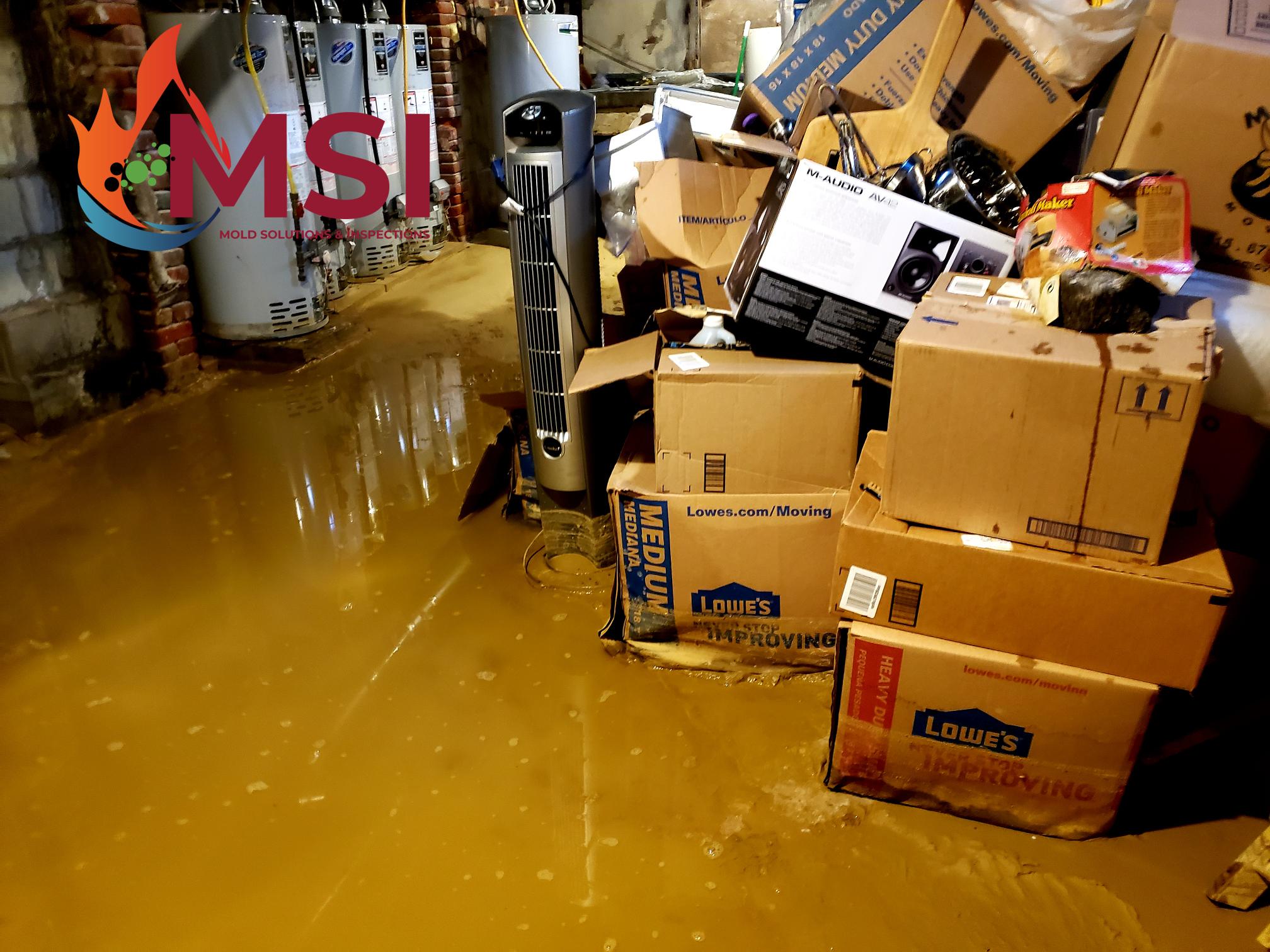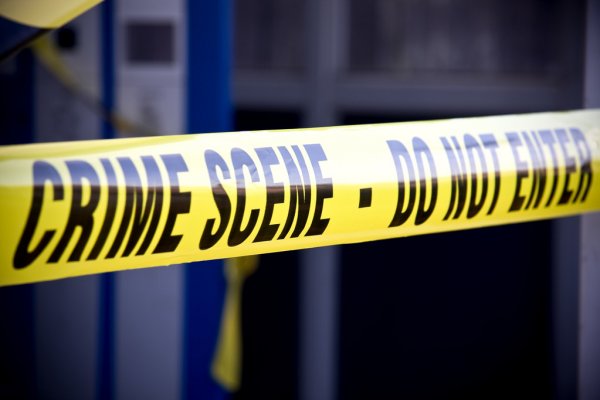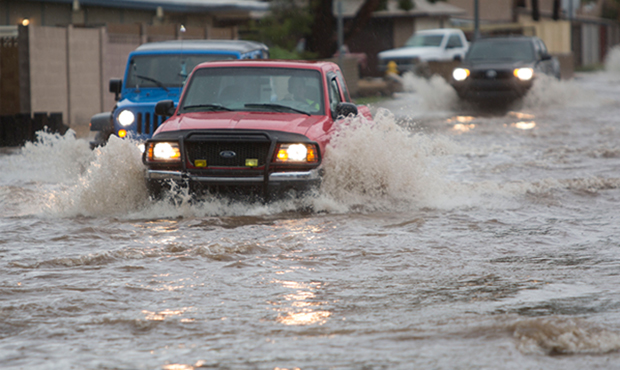After a flood disaster such as a hurricane, expect multiple visitors who will want to either assist you with aid or offer their services. It’s common for multiple visitors to perform damage assessments on your home. No matter who may be knocking, always ask for identification and the purpose of the visit. Never give out personal information such as your Social Security or bank account number, and never sign a power of an attorney especially to a contractor or public adjuster. Government officials will never ask for money and you should never pay for their service, nor should you be so quick to sign any contracts with contractors who may pressure you into doing so. Here’s some of the people you may expect to contact you after a major loss.
FEMA Inspector: If you apply for federal disaster assistance, a FEMA inspector may call and visit to assess your property damage. They will have a FEMA ID badge.
SBA Loss Verifier: If you apply for a Small Business Administration (SBA) disaster loan, an SBA loss verifier may call to discuss your property damage or schedule a visit. They will have an SBA ID badge.
Local or Government Building Inspectors: Officials inspect damaged buildings to determine if they can be occupied. If they have damage, officials (state/county/local) may visit to gather damage data in the weeks and months after an event to inspect and collect information. They should have an ID badge from their agency.
Local Flood Plain Managers: If you live in a Special Flood Hazard Area (SFHA), a local floodplain manager may call or visit to determine if a structure is “substantially damaged” and to explain how to comply with current floodplain regulations. They should have their agency’s ID badge.
Flood Insurance Adjuster: If you have filed an NFIP policy claim, you will receive a call and a visit from a flood insurance adjuster. They will collect information, take photos, and help fill out claims paperwork. They will have a Flood Adjuster Certification Card and picture ID.
Your Homeowners Insurance Adjuster: If you file a claim with your homeowners insurance, a homeowners insurance adjuster will call and visit to assess non-flood damage. They should have a state-issued agency license or ID. It is also possible to see your Auto Policy Adjuster if you sustained damage to your vehicle.
Lawyers: Various lawyers or their representatives may offer to help you file claims for insurance, grants, and loans. Their services may be free, low-cost, or cost a significant sum—up to 30% of your insurance claim. Be cautious, and be sure to check their credentials and ask about fees.
Public Adjusters: Third-party certified public adjusters may offer help to inspect damaged homes and help you file claims for insurance, grants, and loans, but be cautious. There is usually a fee of 10% to 30% of your total settlement. Be sure to ask for credentials. One organization, the National Association of Public Insurance Adjusters, certifies members who must agree to a Code of Ethics and other requirements. Some trusted adjusters can actually help you get what you’re supposed to get from the insurance company while expediting your claim.
Contractors: Be cautious if a contractor or other repair professional approaches you directly and unsolicited. Ask for IDs, licenses, proof of insurance, and references. Do not pay for all repairs up front, though legitimate contractors may request a percentage of their fees to begin work. Obtain a contract with both labor and cost estimates. If your claim has been approved, a mitigation contractor shouldn’t be paid anything upfront whatsoever.
Non-Profit Organizations: A group of highly-competent organizations with service-oriented missions and ministries that leverage skilled and passionate volunteers. They can be connected to the National Voluntary Organizations Active in Disasters (National VOAD) forum by government partners and should be easily identifiable with signage.
Scammers: No fees should be charged for the inspections performed by government or NFIP representatives. Social Security and bank account numbers are never required by inspectors or adjusters. Always safeguard your personal information, and when in doubt, don’t give out information.
You may also receive visitors such as HOA representatives, Condo Association Members and Engineers, who will do damage assessments and also insure structures are safe from further damage.

